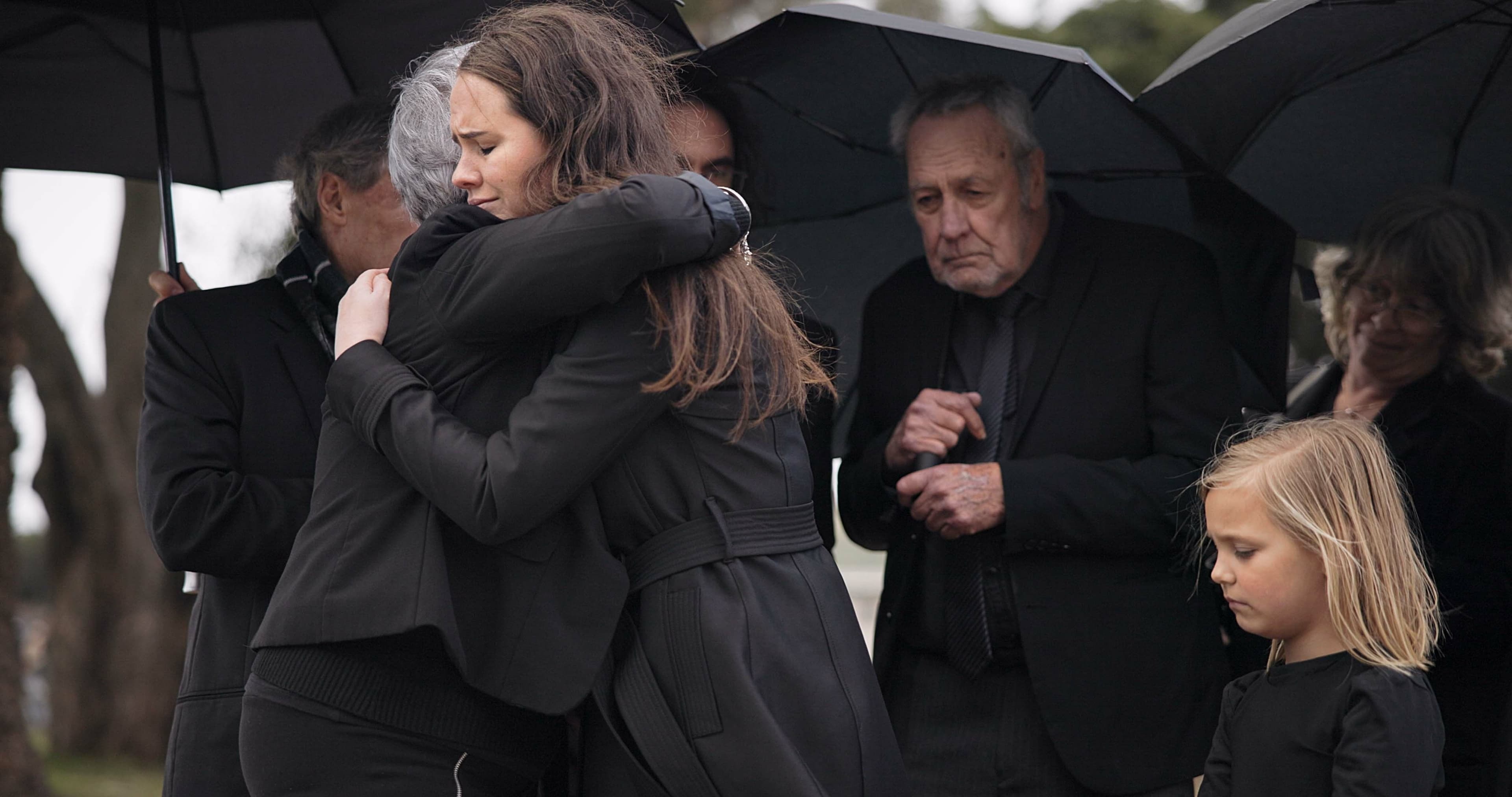$85,000
Personal Injury

$1,800,000
Car Accident

$1,000,000
Car Accident

$395,000
Car Accident

$300,000
Car Accident

$145,000
Car Accident

$140,000
Car Accident

$100,000
Car Accident

$100,000
Car Accident

$90,000
Car Accident

$250,000
Motorcycle Accident

$100,000
Motorcycle Accident

$100,000
Motorcycle Accident

$100,000
Bicycle Accident

$100,000
Bicycle Accident

$100,000
Pedestrian Accident

$300,000
Boating Accident

$300,000
Dog Attack

$100,000
Dog Attack

Understanding Wrongful Death
A wrongful death occurs when a person loses their life as the result of another’s negligence, recklessness, or intentional act. This could be caused by a car or truck accident, medical malpractice, dangerous products, workplace incidents, or unsafe property conditions. Wrongful death is not just a legal term—it is the devastating reality of lives cut short and families left behind to pick up the pieces.
Families affected by wrongful death face more than emotional pain. They are often left with financial hardship, unanswered questions, and the burden of seeking justice. Understanding your rights and options is an essential first step.
Who Can File a Wrongful Death Claim?
Wrongful death laws vary by state, but typically, immediate family members such as spouses, children, or parents have the right to bring a claim. In some cases, extended family members or a representative of the deceased’s estate may also be eligible.
Filing a claim can help families:
- Seek accountability for preventable loss
- Obtain compensation for medical and funeral expenses
- Recover lost income or financial support
- Receive recognition for the loss of companionship, guidance, and love
Every case is unique, and it’s important to understand who is eligible in your particular situation.
Proving Wrongful Death
A successful wrongful death claim requires proof that:
- The responsible party owed your loved one a duty of care (such as driving safely or providing adequate medical treatment).
- That duty was breached through careless or wrongful actions.
- The breach directly caused the death.
- The surviving family suffered losses as a result.
Evidence may include accident reports, medical records, witness statements, and expert testimony. Families are not expected to handle these burdens alone—experienced legal professionals can gather evidence and navigate the complexities on your behalf.
Common Causes of Wrongful Death
Wrongful deaths may result from:
- Car, truck, or motorcycle crashes
- Pedestrian and bicycle accidents
- Workplace incidents, especially in dangerous industries
- Medical malpractice, such as surgical errors or misdiagnosis
- Dangerous or defective products
- Premises liability, including falls or unsafe conditions
- Nursing home abuse or neglect
- Acts of violence or crime
No matter the cause, the impact on the family is profound and lasting.
Types of Compensation
Families may be able to recover damages for:
- Medical costs related to the final illness or injury
- Funeral and burial expenses
- Lost income or benefits the deceased would have provided
- Loss of companionship, care, and guidance
- Emotional suffering and mental anguish
- Loss of household services provided by the loved one

Each loss is deeply personal. The goal is not just financial support, but also recognition of the full impact this loss has had on your family.
What to Do After a Wrongful Death
In the aftermath of a sudden loss, families often feel overwhelmed. Here are practical steps to take:
- Gather Documentation: Collect medical records, accident reports, death certificates, and any correspondence.
- Preserve Evidence: Keep photographs, witness information, or other materials that may be relevant.
- Write Down Details: Memories fade over time. Write down what happened and what you remember.
- Seek Support: Reach out to friends, family, faith communities, or support groups for help with grief and practical matters.
- Understand Legal Deadlines: States have time limits for filing a wrongful death claim. Acting promptly helps protect your rights.
Supporting Grieving Families
A wrongful death claim is not only about compensation—it’s about justice and closure. Families deserve:
- Honest answers about what happened
- Accountability from those responsible
- The opportunity to share their loved one’s story in court, if necessary
- Space to grieve and heal without being rushed or dismissed
It’s normal to feel a mix of grief, anger, and confusion after a loss. Access to counseling, support groups, and community resources can make a significant difference in the healing process.
Frequently Asked Questions
How long do I have to file a wrongful death claim?
Time limits, known as statutes of limitations, vary by state. It’s important to begin the process as soon as possible to protect your rights.
Will the case go to court?
Many wrongful death cases are resolved through negotiation, but some may require a trial if the parties cannot agree.
Can I file a claim if there is a criminal case against the person responsible?
Yes. Civil wrongful death cases are separate from criminal cases and may proceed regardless of criminal charges.
What should I look for in a wrongful death lawyer?
Choose someone experienced, compassionate, and willing to listen to your needs and answer your questions clearly.
Moving Forward: Finding Hope After Loss
No family is prepared for the pain of losing a loved one to someone else’s actions. While nothing can replace the person you’ve lost, pursuing a wrongful death claim is one way to honor their memory and protect your family’s future.
Seeking justice, holding wrongdoers accountable, and securing the resources your family needs can help you move forward—one step at a time. No one should have to navigate this journey alone.
If you have questions about wrongful death or need support after a loss, reach out to a trusted advocate for guidance and information. Your loved one’s story matters, and so does your path toward healing.
Ready to take
the first step?
We Don’t Charge Upfront. We Don’t
Waste Time. We Just Win.
California Accident or Injury? Let us fight for you!

